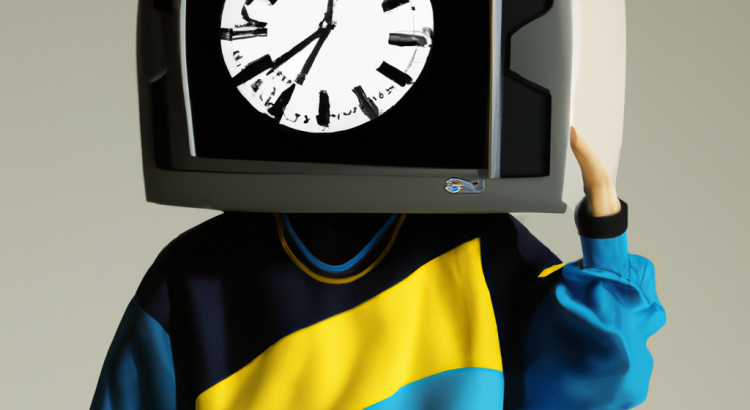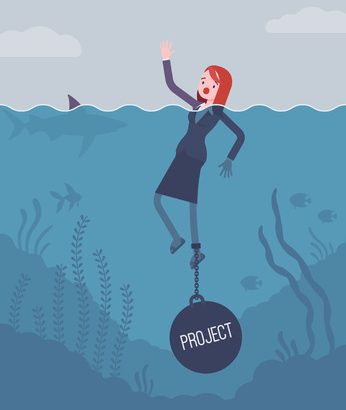Podcast: Play in new window | Download
Subscribe: Spotify | Email | TuneIn |
The CACTUS Global Mental Health Survey asked valuable questions about stress, performance, and career goals for scientists.
The data revealed plenty of room for improvement, as researchers struggle with harassment, work-life balance, and limited pay.
But the study’s authors also asked more open-ended questions:
Do you have any suggestions for organizations within academia or other related stakeholders on what they can do to ensure a great work environment for researchers?
The received 5,434 ideas from the 13,000 survey respondents.
This week, we’re joined once again by Andrea Hayward, Senior Associate for Global Community Engagement at Cactus Communications.
We unpack the themes she uncovered from those responses, and identify the many ways in which Academia can foster a more supportive research environment.
Read More




